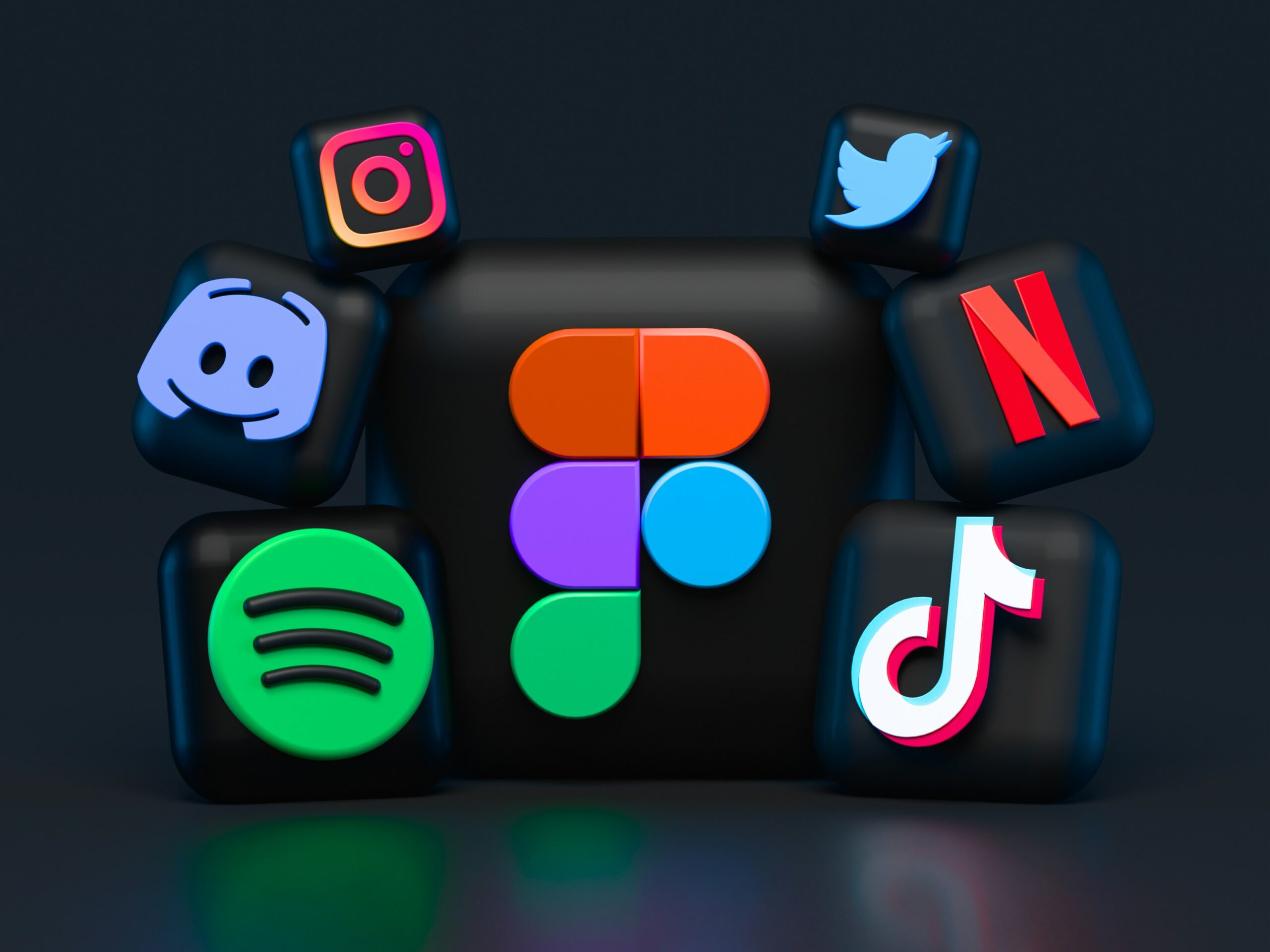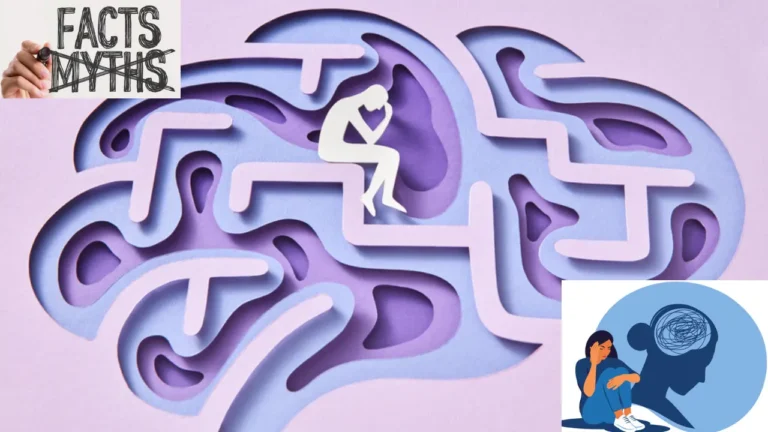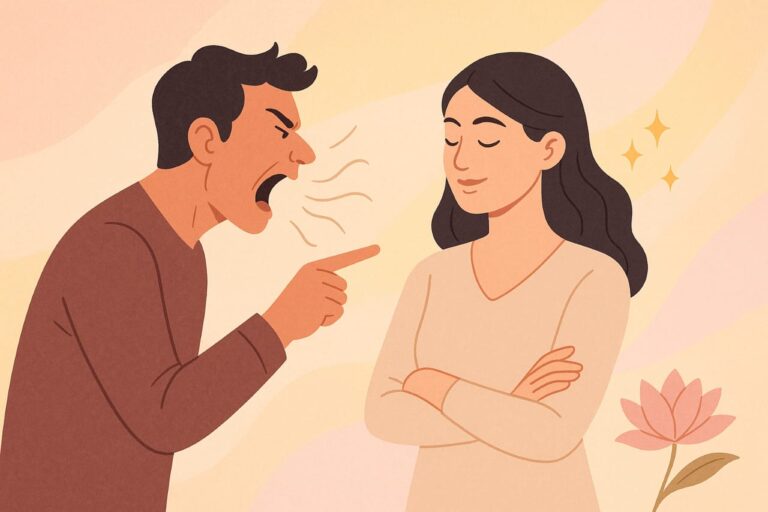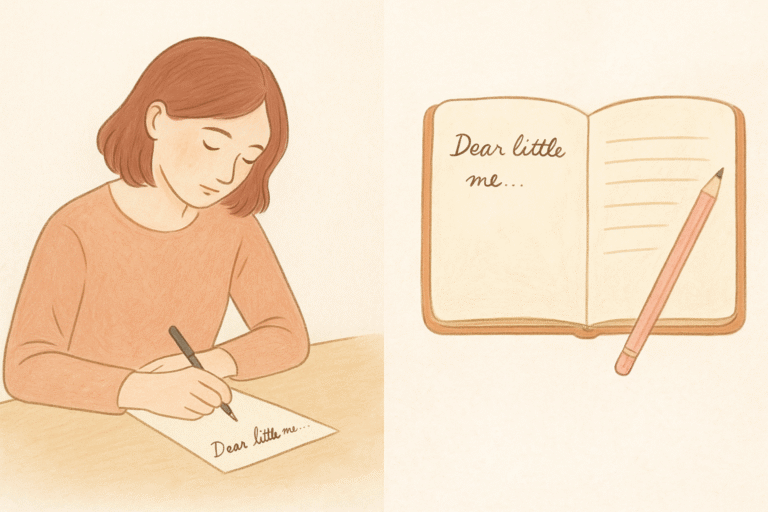The Impact of Social Media on Mental Health: Understanding the Effects and Finding Balance
Discover the impact of social media on mental health, from anxiety and depression to self-esteem and mindfulness. Learn how to build healthier habits for a balanced digital life.
The Impact of Social Media on Mental Health: Understanding the Effects and Finding Balance
In an era where our lives are increasingly intertwined with social media, it’s essential to understand how these platforms affect our mental health. While social media can foster connections and provide a space for self-expression, it can also contribute to anxiety, depression, and self-esteem issues. In this blog, we’ll explore both the positive and negative effects of social media on mental well-being and provide tips for maintaining a healthy digital balance.
1. The Positive Side of Social Media: Connection and Community
Despite the negative narratives, social media isn’t all bad. For many, it serves as a platform to stay connected with loved ones, build communities, and even find support during difficult times. A study by the Pew Research Center found that 81% of teens report that social media helps them feel more connected to their friends .
Social media can also be a source of inspiration and motivation. For example, communities focused on mental health awareness and self-care share valuable resources and support to those who need it. If used mindfully, social media can be a tool for personal growth and positive change.
Related Reading: Check out our blog on The Benefits of Mindful Reading to learn how to cultivate a mindful approach to online content consumption.
2. The Dark Side: Social Media and Mental Health Struggles
While social media offers benefits, it can also have negative effects, especially when overused. Studies have shown a correlation between heavy social media use and increased rates of anxiety, depression, and loneliness. According to research published in the Journal of Social and Clinical Psychology, limiting social media usage can significantly improve mood and overall mental health .
a. Social Comparison and Self-Esteem
Social media often promotes a highlight-reel culture, where users post their best moments while hiding their struggles. This can lead to social comparison, which negatively impacts self-esteem. A study by Harvard University found that frequent social comparison on platforms like Instagram can trigger feelings of inadequacy and decrease life satisfaction .
- External Link: For more insights, explore this Harvard study on social media and self-esteem.
b. Fear of Missing Out (FOMO)
FOMO is a common psychological phenomenon exacerbated by social media. The constant influx of posts showcasing others’ vacations, social gatherings, and achievements can trigger anxiety and feelings of missing out. According to Psychology Today, FOMO can lead to compulsive social media checking, disrupting sleep patterns and increasing stress levels .
Internal Link: Learn more about how to manage anxiety in our post on How Reading Books Can Help Alleviate Anxiety.
3. The Impact on Mental Well-Being: A Closer Look
Social media can also impact how we process information, focus, and handle stress. In our blog on A Practical Guide to Reducing Digital Eye Fatigue, we explored how prolonged screen time can cause physical and mental strain. The same applies to social media usage, which can overwhelm your mind with endless information and notifications.
Digital Detox: A Solution to Reclaim Your Mental Health
Taking regular breaks from social media can significantly improve mental health. Research from Stanford University suggests that even a one-week social media detox can reduce anxiety and increase happiness .
4. How to Build a Healthy Relationship with Social Media
Given its potential negative effects, it’s important to use social media mindfully. Here are some tips to help you strike a healthy balance:
a. Set Boundaries and Limit Usage
Consider using screen time apps to monitor and limit your social media usage. Designate tech-free times, especially before bedtime, to improve sleep quality.
Related Reading: Our guide on Reducing Digital Eye Fatigue offers more tips on managing screen time.
b. Curate Your Feed
Unfollow accounts that trigger negative emotions or promote unrealistic lifestyles. Instead, focus on following content that inspires, educates, or brings joy.
c. Practice Mindful Scrolling
Apply principles of mindfulness to your social media experience. Instead of mindlessly scrolling, engage with posts that resonate with you and consciously disconnect when you feel overwhelmed.
Internal Link: Read our blog on The Benefits of Mindful Reading to understand how mindfulness can improve your digital habits.
5. The Science Behind Social Media and Mental Health
Studies show that excessive use of social media rewires your brain’s reward system, making you crave the instant gratification of likes and comments. This can lead to a dopamine-driven feedback loop, similar to the way addictive substances impact the brain. The American Psychological Association suggests that social media can be especially harmful to young adults, whose brains are still developing .
- External Link: Read more on social media addiction and its effects.
Conclusion: Striking a Balance in the Digital Age
Social media is a powerful tool that can enrich our lives when used mindfully. However, it’s crucial to be aware of its potential impact on mental health. By setting healthy boundaries and practicing mindful usage, you can enjoy the benefits of social media without compromising your well-being.
Remember, taking care of your mental health is an ongoing journey. Whether it’s through reading, practicing mindfulness, or taking breaks from social media, every small step counts.
Call to Action: For more tips on maintaining mental wellness, explore our post on Understanding Mental Health and don’t forget to subscribe to our newsletter for the latest updates.







One Comment